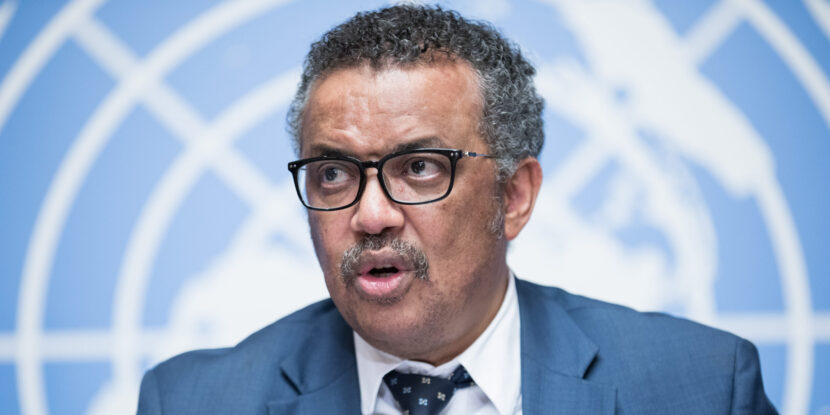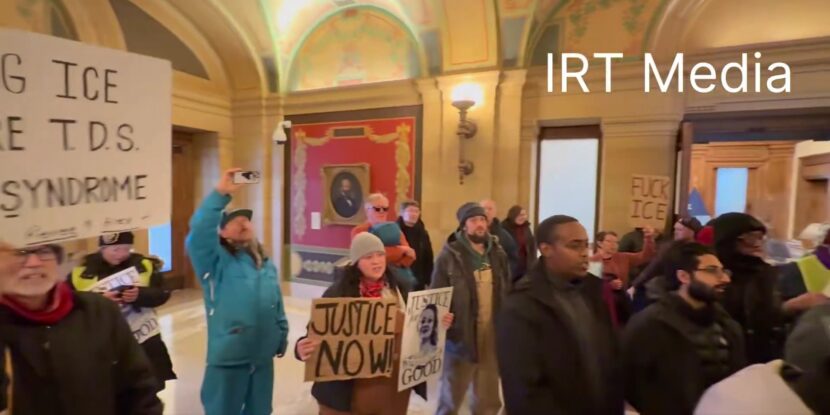PULSE POINTS:
❓What Happened: Members of the World Health Organization (WHO) have agreed on the text of a legally binding treaty focused on improving responses to future pandemics.
👥 Who’s Involved: The World Health Organization, WHO member states, pharmaceutical companies, and manufacturers. U.S. negotiators abstained from the final talks.
📍 Where & When: The agreement was reached on Wednesday, following three years of discussions among member states. Formal adoption is expected at the World Health Assembly next month.
💬 Key Quote: “A significant milestone in our shared journey towards a safer world,” according to WHO director-general Dr. Tedros Adhanom Ghebreyesus.
⚠️ Impact: The treaty mandates that countries ensure global access to pandemic-related drugs in future outbreaks. Manufacturers must allocate 20 percent of their production to the WHO, and at least 10 percent must be donations. It also includes a proposal for a Pathogen Access and Benefit-Sharing System for faster data exchange.
IN FULL:
The World Health Organization (WHO) has settled on the text for a legally binding treaty supposedly aimed at enhancing global preparedness for future pandemics. This decision seeks to avoid the chaos and competition over resources that were prevalent during the COVID-19 pandemic.
This newly crafted pact emphasizes rapid data sharing on emerging diseases, enabling scientists and pharmaceutical firms to speed up the development of vaccines and treatments. For the first time, the WHO will have a comprehensive view of global supply chains related to personal protective equipment such as masks and medical gowns.
Dr. Tedros Adhanom Ghebreyesus, the WHO’s director general, described the agreement as “a significant milestone in our shared journey towards a safer world.” He further noted that despite global divisions, this demonstrates nations’ ability to collaborate on common challenges.
The treaty, culminating after three years of discussion among member states, is only the second in the WHO’s history—the first being the 2003 tobacco control agreement. It awaits formal approval at the upcoming World Health Assembly.
Under the treaty, countries must ensure the global availability of pandemic-related medications in future outbreaks. The terms require manufacturers to allocate 20 percent of vaccine, therapeutic, and diagnostic production to the WHO, distribute 10 percent as donations, and offer the rest at accessible prices.
The U.S. was absent from the closing negotiations following President Donald J. Trump’s withdrawal decision, meaning the country will not adhere to the agreement once it departs from the organization in 2026.
Some Members of Parliament (MPs) in Britain expressed skepticism about a pandemic treaty in 2023, arguing it could allow the globalist WHO to have power over lockdowns, quarantine, and vaccines.




















